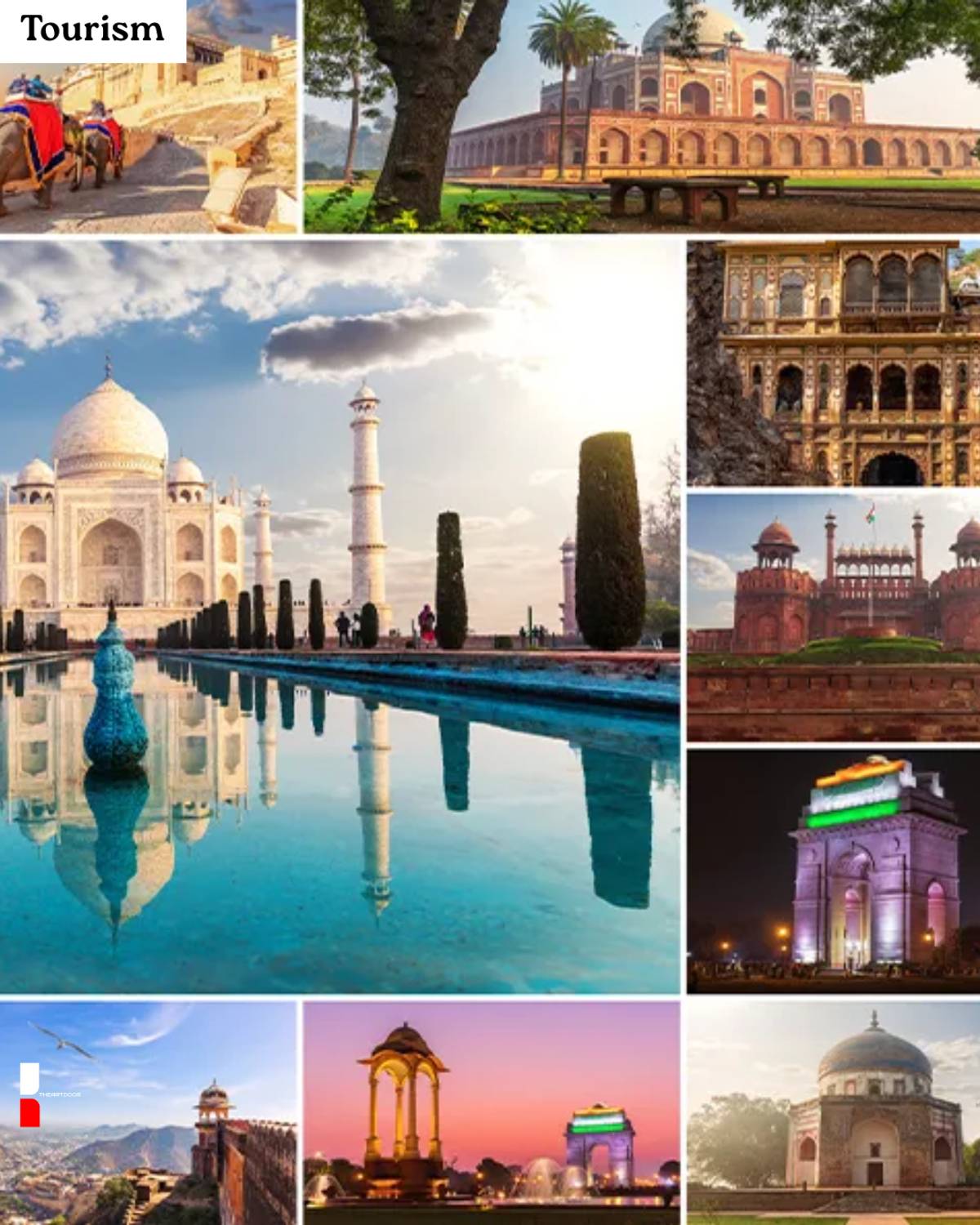Civic Sense: The Key to Better Cities
By Tanvi Ibrahim Patankar | Editor in chief: Asia Correspondent
ShareAs urban skylines rise and infrastructure expands, Indian cities are undergoing an undeniable transformation. Yet, beneath the steel and concrete, an invisible crisis festers one that no budget or blueprint can fix alone. It's called Civic Sense and its steady erosion threatens to undo the progress that cities are striving to make.
What Exactly Is Civic Sense?
Civic sense is not a law in the books, it’s a law in the heart. It refers to the basic ethics and behavior that govern how individuals interact with shared spaces. Think of it as a silent agreement between strangers: Don’t litter. Don’t honk unnecessarily. Don’t jump the queue. Say “please.” Respect the sidewalk. In essence, it’s the social glue that holds urban life together.
But in today’s cities, whether it’s Bhopal, Bengaluru, or Bhubaneswar, that glue is coming undone.
“Civic sense is what bridges the gap between good infrastructure and great living,” says Meera Kulkarni, an urban sociologist based in Pune. “And right now, we’re seeing that bridge collapse.”

Photo: Google Inc
A Crisis Hidden in Plain Sight
Despite better roads, smarter governance, and growing digital awareness, the streets tell a different story. Overflowing garbage bins, blaring car horns, potholes neglected for months, and spitting on public walls aren’t just civic annoyances, they’re symptoms of apathy.

Photo: Google Inc
According to the Swachh Survekshan Report 2023, while 87% of urban Indians claim that cleanliness is important, over 60% admit to littering. This cognitive dissonance reveals a deeper issue: public space is still seen as no one’s responsibility.
Take Indore, India’s cleanest city for multiple years. Despite accolades, local authorities note that civic behavior remains inconsistent. “We have people who segregate waste religiously, and others who still dump trash in stormwater drains,” says a senior municipal officer. “It’s not about knowledge. It’s about mindset.”
The Price of Civic Apathy
The cost of ignoring civic sense is steep, and often hidden:
- Health Hazards: Uncollected waste and open urination aren’t just unsightly—they’re breeding grounds for diseases.
- Urban Decay: When public benches are broken and walls are smeared with posters or paan stains, the city starts to feel neglected.
- Traffic Anarchy: From illegal parking to red-light jumping, poor road behavior results in both frustration and fatalities.
- Social Tensions: Noise from loudspeakers, encroachments on walkways, and general disregard for shared norms increase friction among communities.
And then there's the emotional toll: responsible citizens grow disillusioned, convinced that their efforts are pointless if others don't follow suit.

Photo: Prakash S
Why Are We Here?
India’s civic sense deficit is not a flaw in character, it’s a failure in conditioning. Most people aren’t taught civic behavior; they absorb it from their surroundings. And for many, those surroundings normalize indifference.
Some key contributors:
- Lack of civic education in schools
- Negligible enforcement of minor but impactful violations
- Minimal community pressure to correct poor behavior
- Over-reliance on government to “fix” public problems
“The problem is generational,” says retired bureaucrat A.K. Srivastava. “We’ve learned to take pride in private cleanliness, but not public responsibility.”
What the World Can Teach Us
Not all cities suffer this fate. In Singapore, spitting in public can cost you over ₹10,000 in fines. But that’s only part of the story. There’s cultural pride in keeping the city clean. In Tokyo, it’s normal for schoolchildren to clean their classrooms, a simple practice that seeds lifelong respect for public space.
Meanwhile, Scandinavian cities foster civic sense through trust, not threat. Citizens believe their actions matter, and so they behave accordingly.
A Path Forward for India
So, can Indian cities turn the tide? Experts say yes, but it requires a blend of education, enforcement, and empathy.
- Start Early: Civic values must be part of school curricula, with practical lessons, not just theory.
- Celebrate Good Behavior: Local governments can incentivize communities that keep streets clean or manage waste effectively.
- Empower Youth: From traffic volunteering to neighborhood cleanups, young people can drive cultural change.
- Public Role Models: When celebrities and influencers demonstrate civic responsibility, it creates ripple effects.
- Consistent Enforcement: Fines for violations must be enforced—but paired with public awareness campaigns.
A Civic Revolution Begins With You
In a society as diverse as India’s, the smallest shared value can become the strongest foundation. Civic sense isn’t about being perfect, it’s about being mindful. It’s about doing the right thing when no one’s watching.
The next time you think, “It doesn’t matter”, remember this: Cities are not built by governments alone. They are shaped by their citizens one choice at a time.
Closing Thought
On the road to smarter, greener, more inclusive cities, one thing must be clear: True patriotism lies not in waving the flag once a year, but in respecting the space we all call home. From the corner paan shop to the city metro, every public space is a mirror. And what it reflects is up to us.
